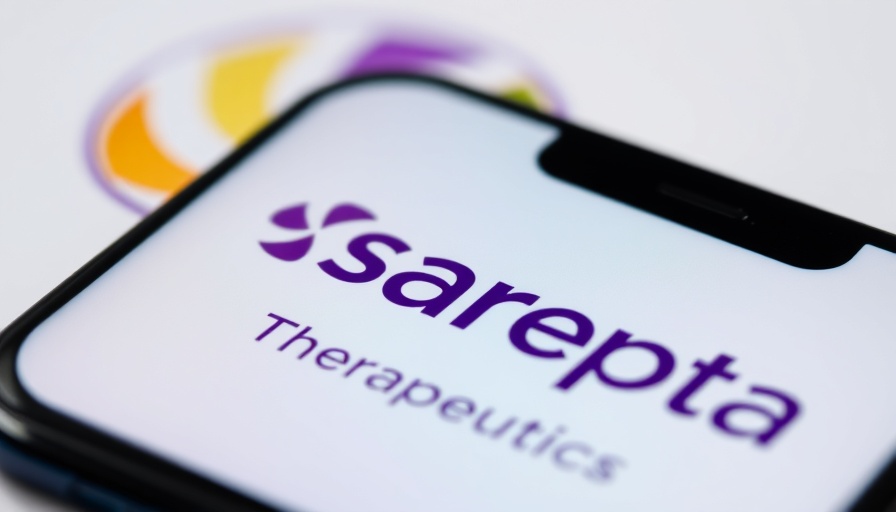
Are You Getting Enough Protein?
For many men between the ages of 35 and 55, maintaining an active lifestyle often intertwines with nutrition, particularly protein intake. As we age, muscles begin to naturally deteriorate; hence, protein becomes a vital ally in preserving muscle mass, supporting recovery, and promoting muscle growth. However, the age-old question remains: how much protein can our bodies genuinely absorb, and what’s the best approach to include it in our diets?
Understanding Protein Absorption
The body doesn’t simply waste excess protein. Nutrition expert Alan Aragon emphasizes that while muscle protein synthesis (MPS) typically maximizes between 30 to 50 grams of protein per meal, what we consume does not go entirely unused after that point. Protein serves numerous functions beyond MPS, including rebuilding tissues, manufacturing hormones, and repairing cells. This multifaceted role means even if you consume more than is immediately needed for muscle growth, your body has mechanisms to utilize it effectively.
How Much Protein Do You Really Need?
To tailor your protein requirements, factors such as body weight and activity level come into play. Experts suggest targeting around 0.2 to 0.25 grams of protein per pound of body weight. For instance, a 180-pound man might benefit from about 36 to 45 grams of protein within his post-workout meal. This targeted approach allows you to fuel muscle growth effectively while avoiding the stress of overconsumption.
Beyond Muscle Growth: Additional Benefits of Protein
Protein is not just for bodybuilders; it’s crucial for overall health. Regular intake can promote effective weight management by enhancing satiety, meaning you’re more likely to feel full and less inclined to snack excessively. This is especially important for busy professionals in this age group who may struggle with managing their weight amidst demanding schedules. Incorporating high-quality protein sources, like lean meats, legumes, and dairy, will foster a healthier relationship with food.
Insights into Meal Planning
When considering meal planning for optimal protein absorption, aim to distribute your protein intake evenly across meals. This strategy not only maximizes MPS but also complements your physical endeavors such as workouts and recovery. Consider options such as chicken stir-fry for lunch or a hearty quinoa salad topped with chickpeas for dinner. By varying your sources of protein and including them in every meal, you elevate your dietary quality significantly.
Real-Life Applications: Success Stories and Testimonials
A common theme among those finding success with their fitness goals is the adaptable integration of protein into their lifestyles. Many men report improved performance and energy levels after simply adjusting their protein intake. For instance, John, a 43-year-old marketing executive, discovered that focusing on his protein consumption gave him sustained energy on demanding workdays and boosted his motivation to exercise regularly.
Risk Factors and Challenges
While increasing protein intake comes with multiple benefits, it's essential to remain cognizant of dietary balance. Overemphasis on protein without adequate carbohydrate and fat intake can lead to deficiencies. Moreover, individuals with kidney concerns should consult healthcare providers before making drastic dietary changes. Remember, the goal is holistic wellness, ensuring all macronutrients are addressed.
Conclusion: Fueling Your Fitness Journey
As you refine your approach to fitness and nutrition, understanding protein’s multifaceted role is crucial for sustaining results. Pairing the right amount of protein with your workout routines supports muscle growth while positively affecting overall health. Remember, a balanced approach to eating, including meal planning that incorporates a variety of protein sources, will pave the way for optimal fitness results.
If you’re ready to make a change and enhance your meal planning strategies, consider keeping a food journal or speaking to a nutritionist to find your ideal protein balance. Invest in your health, and your body will thank you!
 Add Row
Add Row  Add
Add 




Write A Comment